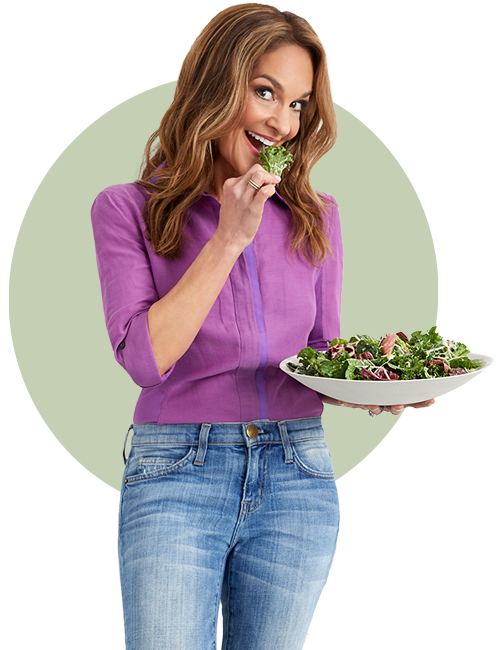6 Tips for Healthy Eating with Celiac Disease
Don’t cheat!
I can’t say this strongly enough. A minuscule amount of gluten can cause real damage to your small intestine. A single cookie, half a slice of bread, even a single cracker is toxic to your system. It’s especially important not to deliberately choose to eat something with gluten because if you ever eat in a restaurant or at a friend’s house, or if you cook with any jarred, canned, or packaged foods not labeled “gluten-free,” you will inevitably ingest some gluten from time to time. There is really nothing you can do about it. I call this unintentional cheating because I know you don’t mean to do it. Just don’t expose your intestines to more toxic gluten by consciously cheating.

Choose Foods Labeled Gluten-Free (GF)
Choose foods labeled gluten-free (GF).
Whenever possible, choose packaged foods that are specifically labeled gluten-free (GF). Do not make the mistake of assuming that wheat-free or yeast-free means the same thing as gluten-free. Read labels carefully, using the list of suspect ingredients as your guide. Fortunately, most supermarkets now carry a wide variety of gluten-free products, and many mainstream food companies have debuted gluten-free cereals, snacks, waffles, and other foods in the past few years.
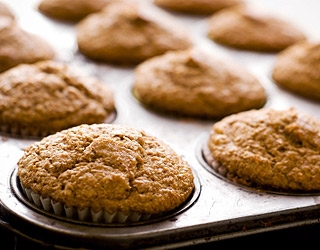
Go Easy on Gluten-Free Baked Goods
Go easy on gluten-free baked goods.
Just like regular baked goods, gluten-free baked goods often contain unhealthy amounts of added fat and sugar. While gobbling down gluten-free muffins, cookies, and other sweet treats won’t harm your intestines, it can pack on the pounds and may drive up cholesterol.
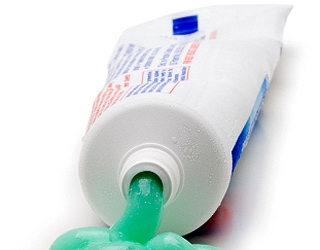
Be a Gluten Sleuth
Be a gluten sleuth.
Everything that goes in your mouth or touches your tongue needs to be screened for gluten. Read labels on vitamin supplements, toothpaste, mouthwash, cough medicine, and all over-the-counter medications. Talk with your pharmacist so that your prescription medications can be chosen with your special needs in mind (and look up gluten-free medicines at www.celiaccentral.org or www.celiac.com). Also, don’t lick postage stamps or envelopes — the glue can contain gluten.
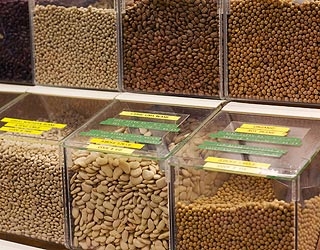
Err on the Side of Caution
Err on the side of caution.
Avoid all uncertainties, including bulk bins and fried food in restaurants. In other words, if you don’t know for sure, it’s a no-go. Foods that are sold from bulk bins may contain gluten, no matter how they are marked. (The problem is that you have no way of knowing what was in the bin before the food you are buying.) You may think you’re buying dried beans and dried beans alone, but you may also be getting dust from the bulgur wheat that was in the bin last week. The safest choice is to buy only packaged goods labeled gluten-free or foods with no suspect ingredients on the label. In restaurants, avoid fried foods. Even if the food itself doesn’t contain gluten, the fry oil may have remnants of breading or other gluten-containing foods. Sauces, gravies, and other toppings may also contain gluten. You are safest if you eat pure, fresh, whole foods from sources you can trust. See my grocery list for foods that are generally considered safe for people with celiac disease.
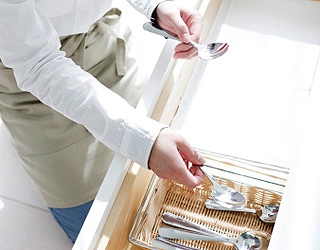
Beware of Contamination in Your Own Home
Beware of contamination in your own home.
In nearly every jar of jam or tub of margarine are bread crumbs left behind by the last person to dip a knife or spoon into them. You have two choices: Either stock your own private pantry — one that other family members know is for your consumption alone — or make sure that everyone in the household uses only fresh, clean utensils to spoon out products.
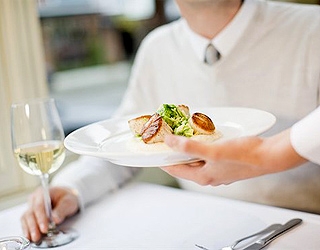
Don’t cheat!
Don’t cheat!
I can’t say this strongly enough. A minuscule amount of gluten can cause real damage to your small intestine. A single cookie, half a slice of bread, even a single cracker is toxic to your system. It’s especially important not to deliberately choose to eat something with gluten because if you ever eat in a restaurant or at a friend’s house, or if you cook with any jarred, canned, or packaged foods not labeled “gluten-free,” you will inevitably ingest some gluten from time to time. There is really nothing you can do about it. I call this unintentional cheating because I know you don’t mean to do it. Just don’t expose your intestines to more toxic gluten by consciously cheating.

